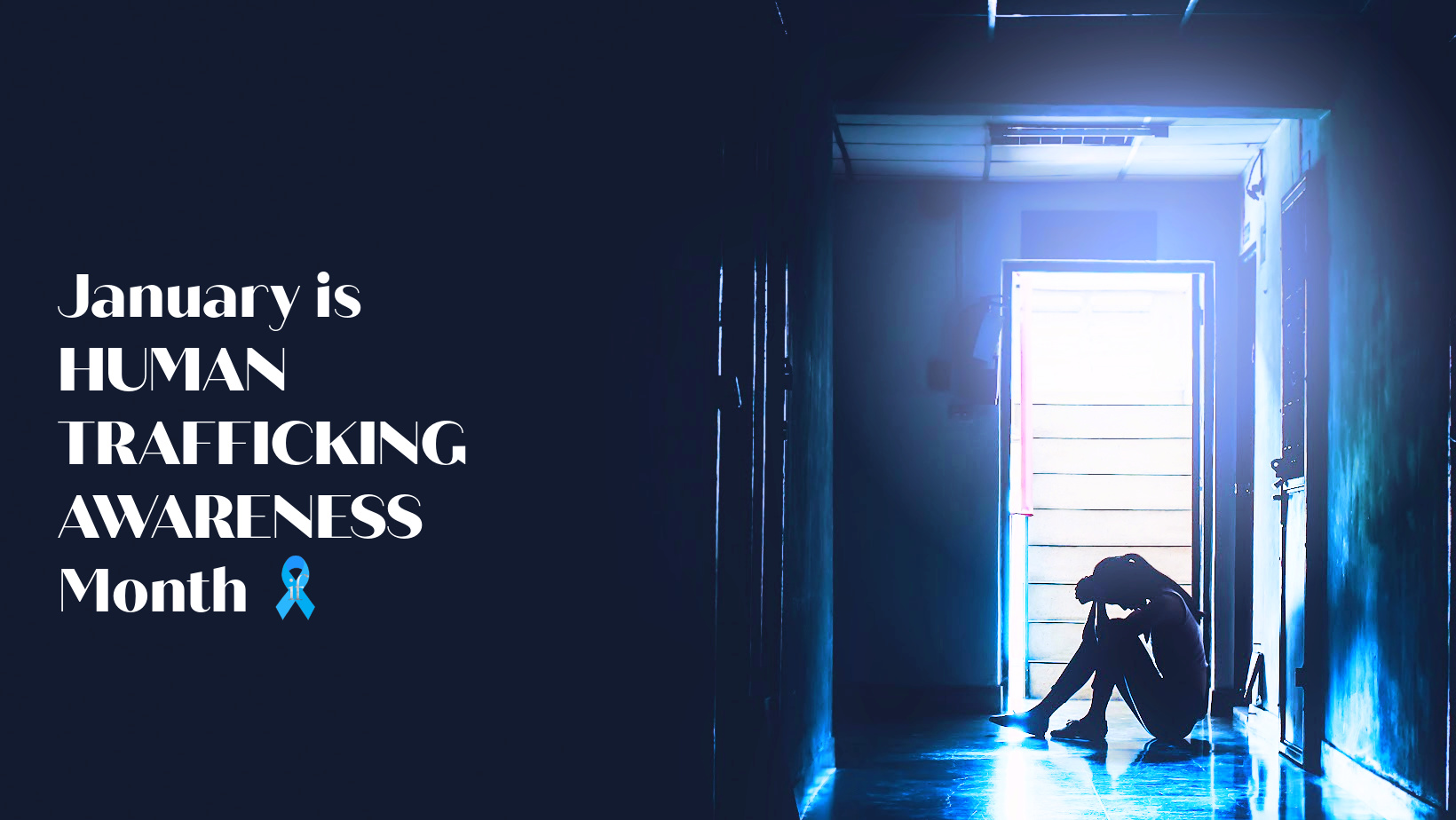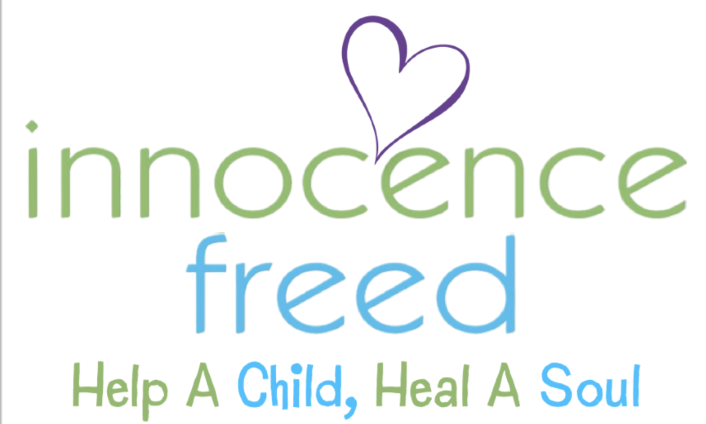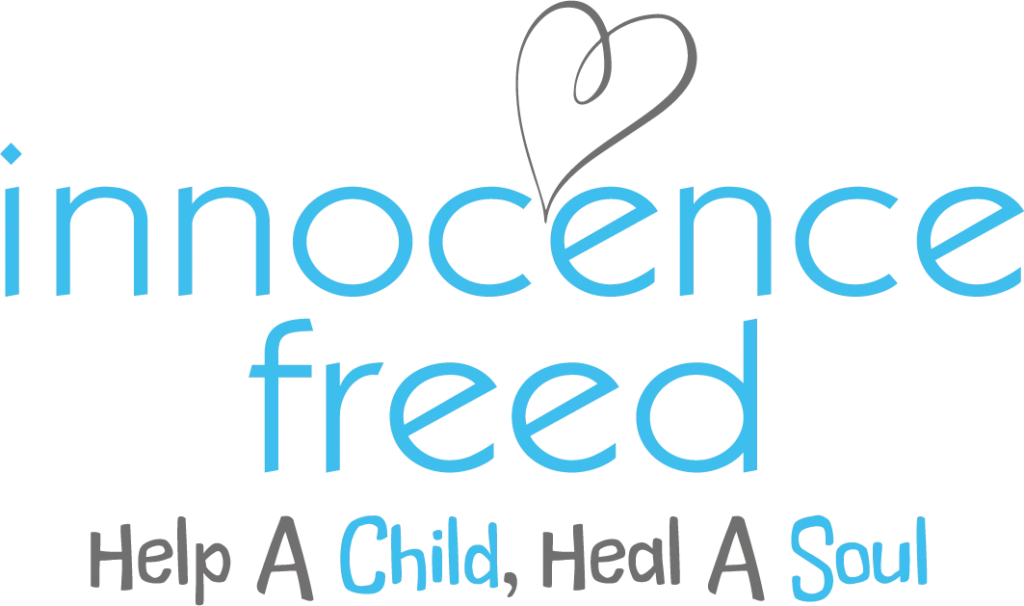
January marks National Human Trafficking Awareness Month
January marks National Human Trafficking Awareness Month, a critical time to bring attention to the issue of human trafficking, honor the resilience of survivors, and empower individuals to act against this global crisis. While human trafficking is often perceived as a distant problem, it affects millions worldwide, including right here in the United States. This month serves as a reminder that we all have a role to play in ending this injustice.
What is Human Trafficking?
Human trafficking is a form of modern-day slavery in which individuals are exploited for labor, services, or commercial sex through force, fraud, or coercion. It is one of the fastest-growing criminal industries globally, generating billions of dollars annually. Victims often include vulnerable populations such as women, children, immigrants, and individuals facing poverty, but anyone can become a target.
There are two primary forms of human trafficking:
- Labor Trafficking: Involves forcing individuals to work against their will in industries such as agriculture, construction, domestic work, and manufacturing.
- Sex Trafficking: Occurs when individuals are compelled to engage in commercial sex acts under the threat of force or manipulation.
The Scope of the Problem
The International Labour Organization estimates that over 27.6 million people worldwide are victims of human trafficking at any given time. In the United States, the National Human Trafficking Hotline received over 50,000 contacts in 2021 alone, leading to the identification of thousands of cases. However, many cases go unreported due to fear, stigma, or lack of awareness.
The Importance of Awareness
Awareness is one of the most powerful tools in combating human trafficking. By recognizing the signs and understanding the issue, individuals and communities can help prevent trafficking, support survivors, and hold perpetrators accountable. Some key indicators of trafficking include:
- Individuals are unable to speak freely or controlled by others.
- Evidence of physical abuse, poor living conditions, or lack of necessities.
- Inconsistencies in personal stories or identification documents.
How You Can Make a Difference
There are many ways to contribute to the fight against human trafficking during January and beyond:
- Educate Yourself and Others:
Learn about the signs of trafficking and share your knowledge with friends, family, and your community. Online resources like the National Human Trafficking Hotline (humantraffickinghotline.org) offer valuable tools and materials. - Support Survivors:
Organizations that assist survivors, such as Innocence Freed provide critical services like housing referrals, counseling, and job training. Consider donating to these groups or volunteering your time. - Advocate for Change:
Contact local and national representatives to support stronger anti-trafficking laws and policies. Your voice can amplify the importance of prioritizing this issue. - Report Suspicious Activity:
If you suspect human trafficking, report it to the National Human Trafficking Hotline at 1-888-373-7888 or text “HELP” to 233733.
Honoring Survivors
National Human Trafficking Awareness Month is also a time to honor the courage and resilience of survivors. Many survivors become powerful advocates for change, sharing their stories to inspire action and prevent others from enduring similar experiences.
A Call to Action
Human trafficking is a complex and pervasive issue, but it is not insurmountable. By raising awareness, supporting survivors, and taking collective action, we can work toward a world where every individual has the right to freedom and dignity.
This January, let’s commit to learning more, doing more, and being a voice for those who cannot speak out. We can shine a light on this hidden crisis and help bring an end to human trafficking.
Written by, Julie Shrader
Founder/CEO Innocence Freed

